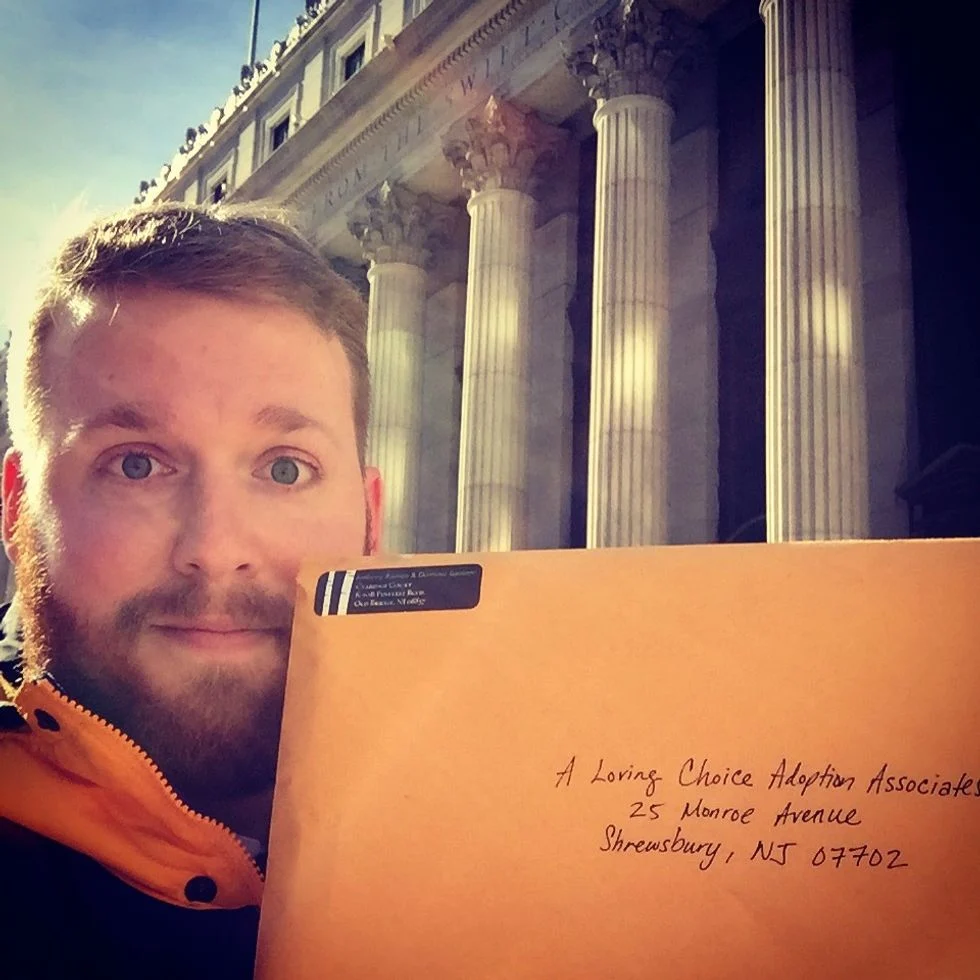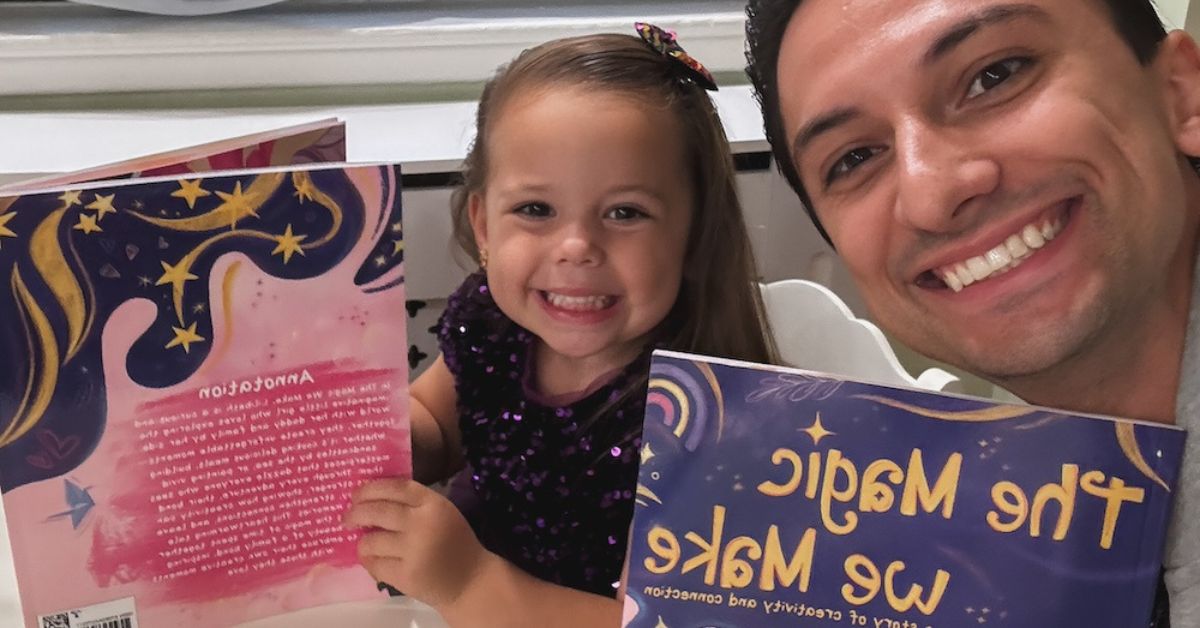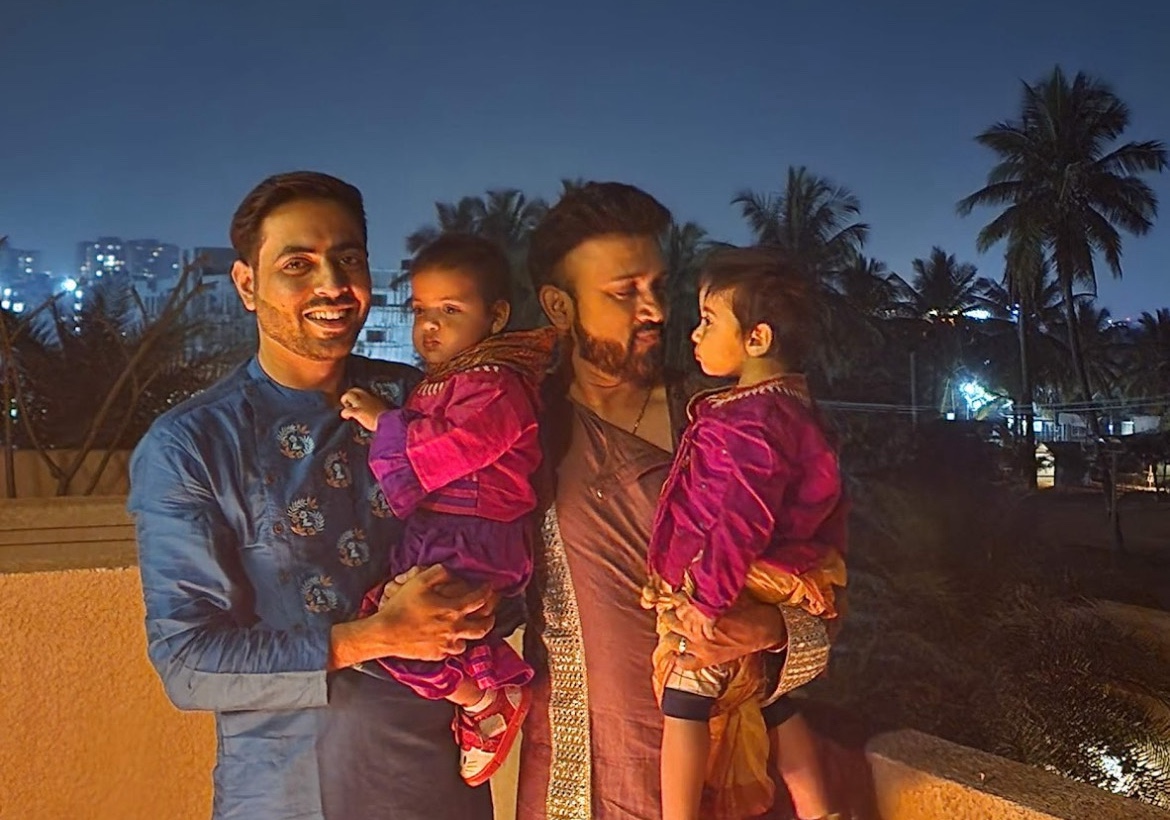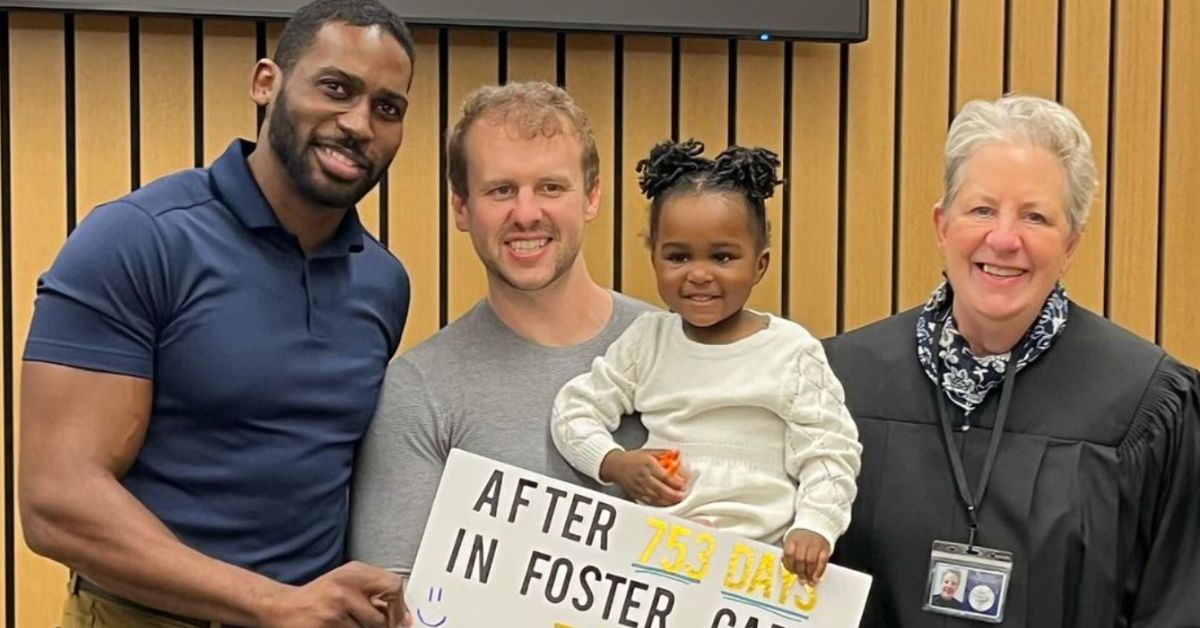Mirror, Mirror
In our examination of the home study process, during which my husband and I filled out every form imaginable, I left you with a promise that I’d now like to fulfill. The months now are chilly, so I’ll share the part that’s given me the reddest cheeks so far.
I’m going to let you pretty deeply into our thoughts and feelings, and talk you through our home study’s autobiographical essay. It’s sometimes difficult to live our adoption process out loud, but I pledged total honesty to you, so off we go, zip zip zip.
The most challenging part of the entire home study process hasn’t been the running around, it’s not the forms and the boxes to check, it hasn’t even been the money to pay. It’s the autobiographical essay that forces you to look inside yourself, makes you examine your marriage and your expectations of parenthood, and forces you to provide the answers to some truly difficult and invasive questions, to a person you’ve never met. You’re sealing up your secrets and dropping them in a blue box, and waiting for a man or woman to carry them away from you and into the hands of a stranger who will determine if you are good enough to be a dad.
The autobiographical essay contains six sub-headings:
- Motivations for Adoption
- Social History
- Current Relationship – Describe your life together
- Parenting Attitudes – Describe your thoughts on raising children
- Attitude Toward Adoption
- Type of Child Requesting and Source of Placement
I think our motivations for adoption have been noted on my author page for GaysWithKids, so that’s an easy one without much thought.
Getting into the Social History column proved more difficult, at least for me. It asked us to talk about our life, individually, from childhood to present. Well, truthfully, there are parts of my childhood that are probably more colorful than I’d want to talk about. The form asked me to write about my upbringing, including discipline. My parents indulged in the occasional spanking with a wooden spoon, but I don’t think I ever even remotely considered my discipline to step into the waters of “inappropriate.” I was asked to discuss my childhood and current relationship with my parents during. Like many, that’s an acutely personal question. As a 30-year old, I still work on the navigations of my current relationship with my parents, and the complicated intersections of our childhood relationship with the relationship we’ve worked hard to craft now, as adults. There’s balance and nuance in understanding that world even in my own head. Allowing someone access to that information, as someone who values control now as a counterbalance to the lack of control in childhood, is very difficult, as it is sharing those incredibly personal details in an essay. When we drop our home study packet in the mail, it’s the Social History section of our autobiographical essay that will cause me to grip the packet most tightly.
The third section, then, was a cakewalk. We were able to talk about our relationship, how we make major decisions, how we resolve conflicts, and provide a general overview of how the house runs itself. What a relief to have an easy section!
The fourth bullet point we needed to address was to talk about our thoughts on raising children, including our feelings on the use of corporal punishment (nope), comparing the ways we plan on parenting with the ways we were parented (my chest tightens again), plans for childcare, similarities and differences in our parenting styles, and the expectations of the ways in which a child will change our lives. Strategic navigation, honest hearts. Check off another box.
Section five wanted us to talk about parenting our adopted child. We had to talk about the when’s and how’s of discussing adoption with our child, the resources we planned on using to assist in our parenting, our family’s feelings about adoption, and the relationship we sought with potential birthparents. That latter is a topic I’ll also cover in a future piece, but for the most part, this was also a fairly simple section.
The final piece we needed to discuss came in section six. It wanted to know if we had a racial preference concerning a child, if we would accept a child of a different race, what we considered to be an acceptable age range, and if we would consider a sibling group. We were encouraged to discuss any specific circumstances of birth that we would not consider, such as medical problems, drug withdrawal, etc. We were asked to talk about any specific characteristics of birthparents that would be difficult for us to accept, such as criminal activity, physical or mental illness, HIV status, addictions, unnamed or unknown birthfather, etc.
Those waters are also murky. The gay dads with whom we’ve been meeting through my writing here at GaysWithKids have encouraged us to use this section to be completely honest. The adoption agency has repeated this edict. It is okay to be selfish about your wants.
Are Dom and I completely and equally excited about a child of any racial background? Absolutely. But do we know with 100% confidence that our families will never make a racial joke that might make a child feel something that we can’t undo or fix? Candidly, readers, there’s some doubt there. You can’t put the oak back in the acorn.
We want a newborn, we’ve known this for a long time. But how do you eloquently and strategically state that you would not accept a 7-month-old, without feeling like a terrible man? That word, the accept word, that’s the real stinger. People make mistakes, birthparents most certainly among them, as well as adoptive parents, and perfection isn’t an attainable characteristic for anyone in the adoption process. We do the best we can for our children, for ourselves, for our families, and we move forward as best as we can. If that means a birthparent has a criminal record, Dom and I shouldn’t be the arbiters. And I will never tell a child that he or she doesn’t deserve a chance at a better and brighter future based on the history of his or her parents. I can’t possibly put any more truth behind that: it isn’t your history that defines your future, it’s your choices.
And so now it’s the middle of a chilly, snow-filled February. It feels like the leaves changed color and fell just yesterday, and that they’ll return a little after tomorrow. And in the next few days when Dom and I walk to our mailbox, take a breath, and let go of a manila envelope holding our past and present and future inside, we’re letting go of quite a bit. We’re letting go of control, of our past, of our mistakes and the mistakes of those who’ve come before us. And we’re trading that all in for the hope of a better tomorrow, of a spring that flowers to spite the bite of winter.
Here’s to spring, for you, and for us.

To help find your path to fatherhood through gay adoption, surrogacy or foster care check out the GWK Academy.






